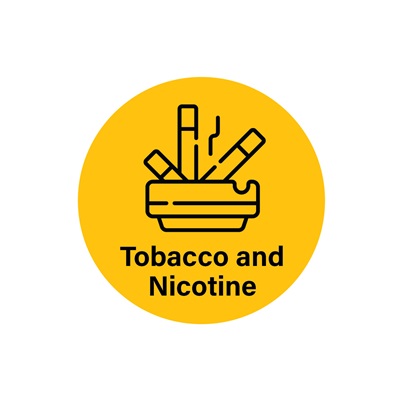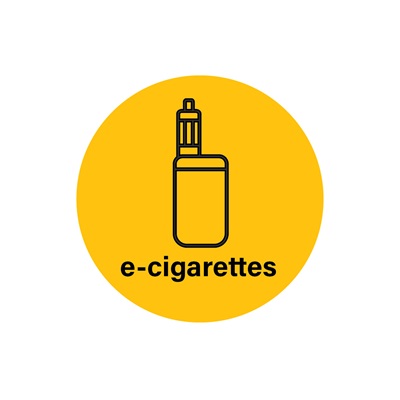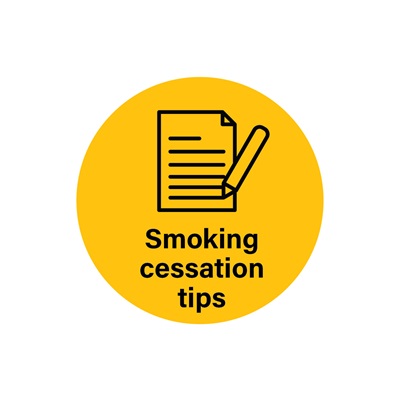


How can I quit smoking?
If you want to quit smoking, congratulations! You should feel proud of yourself! Call the Quitline on 8007 3333 or register for smoking cessation services here. The Health Promotion and Disease Prevention Directorate offers free smoking cessation support by appointment online, over the phone, or in Floriana, Paola, Mosta and Gozo Health Centres.
Skip to main content

